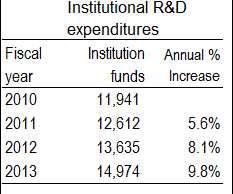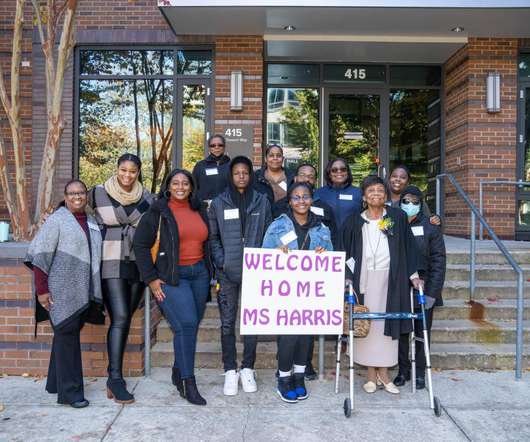University Presidents Called to Action
Higher Education Inquirer
FEBRUARY 20, 2025
[Editor's note: This essay, written for elite university presidents, is intended as a rhetorical device rather than a statement of facts. Elite universities, long considered the pinnacle of higher education, have become increasingly entwined in a broader conversation about privilege, access, and power.












Let's personalize your content